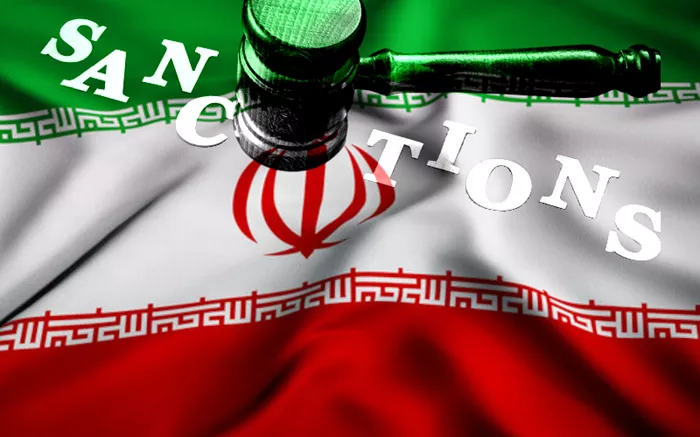The U.S. Treasury Department on Tuesday announced a new round of sanctions targeting more than 20 companies accused of facilitating the sale of Iranian oil to China. The move comes just days after the conclusion of the fourth round of nuclear talks between Iran and the United States.
According to the Treasury, the sanctioned network has helped funnel billions of dollars in oil sales to China on behalf of Iran’s Armed Forces General Staff and its front company, Sepehr Energy, which was designated by the U.S. in 2023. Officials say the revenue from these sales has been used to support Iran’s ballistic missile and drone programs, nuclear proliferation activities, and attacks carried out by the Houthi militant group on international shipping in the Red Sea, as well as on the U.S. Navy and Israeli targets.
Among the newly sanctioned entities is CCIC Singapore PTE, which allegedly helped conceal the oil’s Iranian origin and conducted pre-delivery inspections necessary for the oil’s transfer to China. Huangdao Inspection and Certification Co. Ltd was also targeted for providing inspection services for oil cargo aboard previously sanctioned vessels.
Another company, Qingdao Linkrich International Shipping Agency Co. Ltd, was sanctioned for serving as a port agent at Qingdao Port, facilitating the arrival and discharge of Sepehr Energy-chartered vessels.
“These sanctions demonstrate our commitment to disrupting the regime’s key revenue streams,” said Treasury Secretary Scott Bessent. “As long as Iran continues to fund terrorism and the proliferation of deadly weapons, the United States will take action.”
The Chinese Embassy in Washington and Iran’s mission to the United Nations in New York did not respond to requests for comment.
This latest action is part of the broader “maximum pressure” campaign reinstated by the Trump administration in February. Earlier this year, Washington also sanctioned China’s independent “teapot” oil refineries for processing Iranian crude.
The designations freeze U.S.-based assets belonging to the named companies and prohibit U.S. persons from conducting business with them.
Strategic Pressure on China
Tuesday’s measures were issued by the Treasury’s Office of Foreign Assets Control (OFAC) under its counterterrorism authority, a move that experts say could pave the way for even stricter sanctions targeting major Chinese institutions.
Jeremy Paner, a former Treasury Department sanctions investigator and now a partner at Hughes Hubbard & Reed, said the use of counterterrorism authority provides OFAC with broad flexibility.
“This move seems aimed at increasing pressure on China in order to influence Iran at the negotiating table,” Paner said. “Chinese banks are well aware of the legal and financial risks associated with doing business with entities sanctioned under this authority. The stakes are high.”
While both Iran and the United States have expressed a preference for diplomatic resolution to their decades-long nuclear standoff, significant differences remain—especially over Iran’s uranium enrichment activities.
The escalating pressure campaign signals Washington’s intent to keep economic levers in play as negotiations proceed.

